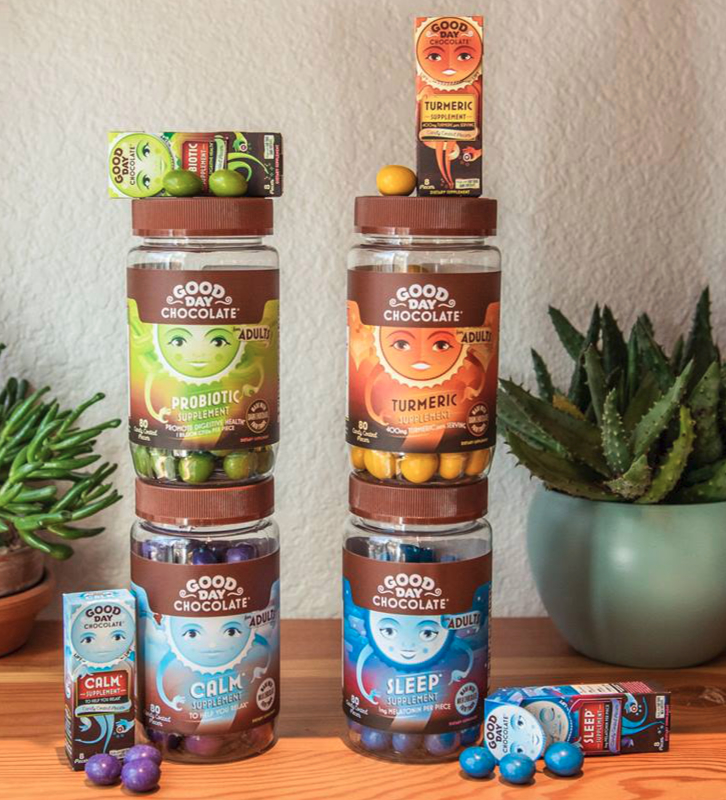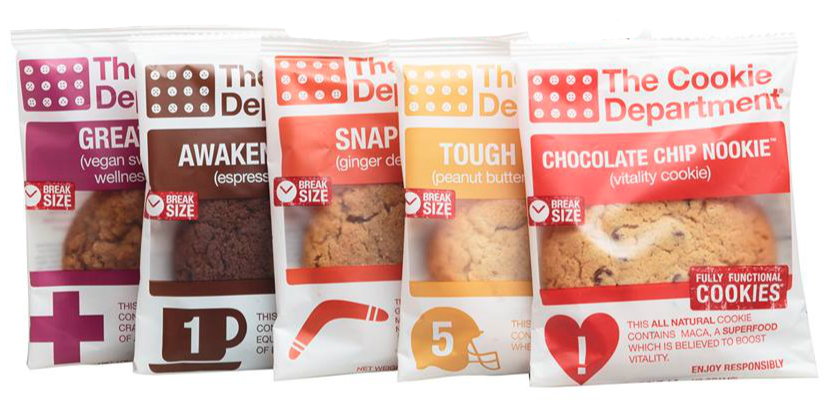ANAHEIM, CALIF. — More consumers are seeking functional ingredients that will help them manage their mood, according to research presented by ingredient supplier Kerry during Natural Products Expo West, taking place March 6-9 in Anaheim.
“Consumers are not just thinking about their weight,” said Soumya Nair, director of marketing insights for Kerry, Beloit, Wis. “Equal numbers of people are thinking about their overall mood.”
In a survey of 1,001 consumers Kerry described as primary shoppers, respondents ranked weight (51%), stress (51%), energy (39%) and sleep (38%) as the top four personal health priorities they have today.
“We were surprised by how important mood management was for consumers,” said Kate Toews, regional business president of beverages for Kerry. “Besides weight, it is the most important thing people are looking for.”
The Kerry research showed that despite sleep and mood being high priorities for consumers, many find the need to use medication to address the need rather than food or supplements.
“I think that’s an exciting opportunity for brands,” Ms. Toews said. “It’s very new that it would be that high on the consumer agenda. A lot of new food ingredients and brands are looking to deliver on that promise.”
 The top five ingredients consumers perceive as affecting overall mood management include chamomile, lavender, green tea, ginseng and jasmine, according to the Kerry research.
The top five ingredients consumers perceive as affecting overall mood management include chamomile, lavender, green tea, ginseng and jasmine, according to the Kerry research.
“The ingredients associated with mood are more traditional remedies,” Ms. Toews said. “And then you are starting to see brain health like nootropics come in.”
More specifically, consumers associate coffee, green tea, black tea, green coffee bean extract and ginger with energy management, and melatonin, chamomile, lavender, valerian root and passion flower with sleep support, according to the consumer study.
“There are a lot of conversations around key benefits and ingredients,” Ms. Nair said. “People are definitely a lot more proactive. They are not waiting for ailments to affect them. They are taking a hands-on approach to their health.”
But Ms. Toews added that products positioned behind a specific benefit are beholden to it.
“The promise of these foods is to make us feel better,” she said. “If it doesn't deliver over time then consumers will not continue to buy it.”
David Franz, senior business development director of Taste for Kerry, said flavors can function as functional ingredients.
“For example, aloe as a flavor is trending in beauty products,” he said.
But following on Ms. Toews, he added that end products targeting the functional category must offer a substantiated benefit in order to maintain repeat purchases.
From a demographic perspective, Ms. Nair said it was revealing how millennials, baby boomers, and gen Xers were so similar in their interaction with the idea of “food as medicine” and desire for added functionality from everyday food and beverages.

“Lifestage and demographics do however differentiate consumers in some ways,” she said. “While baby boomers tend to be more reactive to their health, it is a function of their life stage, where they rely on traditional medicine, dietary supplements. Baby boomers are also getting more proactive, in the sense that they go through periodic medical checkups and are also more physically active than before.”
Millennials, especially those with children, embody the proactive health movement, she said.
“They are more physically active than other generations, and index higher on their reliance on diet and food/beverages,” Ms. Nair said. “While important to all consumers, these millennials pay extra attention to solutions that abate lifestyle stressors. Younger consumers who are ingredient and added functionality-conscious were more expecting of indulgent food and beverages such as chocolate, and cookies for added functionality attributes.”




